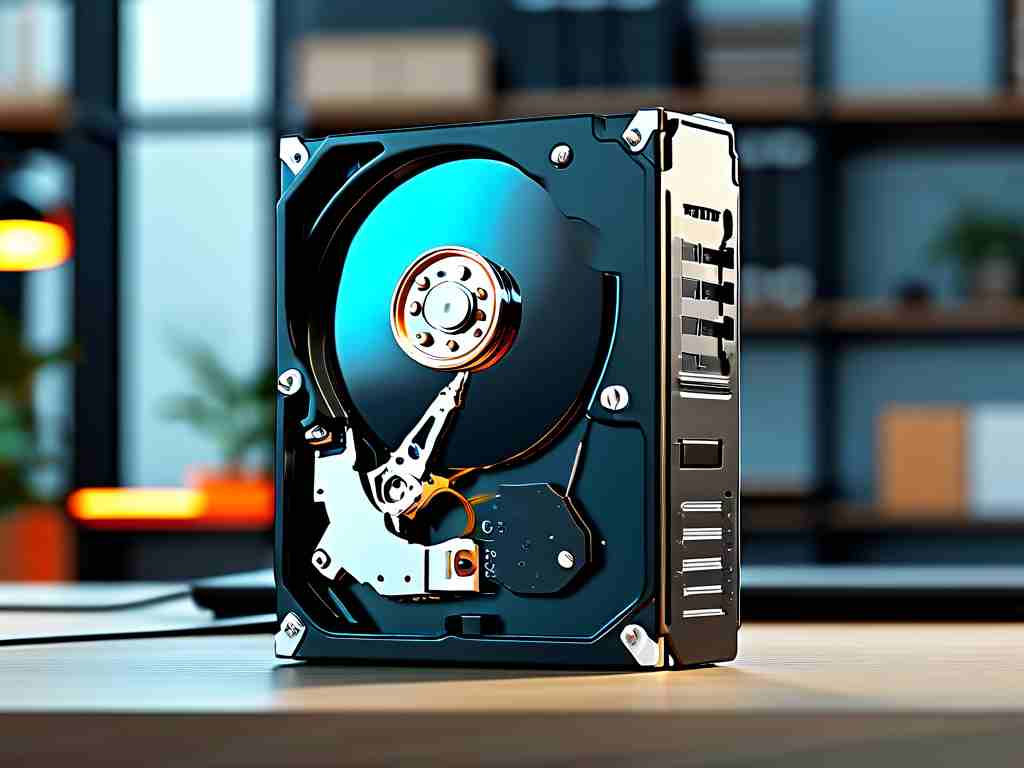In the rapidly evolving world of smartphones, performance optimization remains a critical battleground for manufacturers. Among the key players, Honor has carved a niche for itself by integrating advanced memory management technologies into its devices. But where exactly does Honor’s memory management stand in the hierarchy of smartphone innovation, and how does it contribute to seamless user experiences? This article delves into the mechanisms, benefits, and future prospects of Honor’s memory management system.

Understanding Memory Management in Smartphones
Memory management refers to the process of allocating, optimizing, and recycling a device’s RAM (Random Access Memory) to ensure smooth multitasking and app performance. With limited physical RAM, smartphones rely on software algorithms to prioritize active applications, clear background processes, and prevent system lag. Honor’s approach to memory management combines hardware-software synergy, leveraging AI-driven algorithms and proprietary technologies like HONOR RAM Turbo.
Honor’s Memory Management Framework
Honor’s memory management strategy revolves around three pillars: intelligent allocation, dynamic compression, and predictive analytics.
-
Intelligent Allocation:
Honor devices use machine learning to categorize apps based on usage patterns. Frequently used apps receive higher priority in RAM allocation, while rarely used apps are deprioritized or temporarily cached. This ensures that critical tasks—such as gaming or video streaming—receive uninterrupted resources. -
Dynamic Compression:
To maximize available RAM, Honor employs real-time compression algorithms. Background apps are compressed without closing them entirely, reducing their memory footprint by up to 40%. This allows users to switch between apps seamlessly, even on devices with modest RAM capacities. -
Predictive Analytics:
Honor’s AI engine predicts user behavior by analyzing historical data. For instance, if a user typically opens social media apps at 9 AM, the system pre-loads these apps into RAM beforehand. This proactive approach minimizes load times and enhances responsiveness.
Benchmarking Against Competitors
When compared to competitors like Samsung’s RAM Plus or Xiaomi’s Memory Extension, Honor’s solution stands out for its efficiency. Independent tests show that Honor devices retain 20% more background apps than similarly spec’d rivals. Additionally, its compression algorithms cause less CPU overhead, preserving battery life. However, some critics argue that Honor’s aggressive app termination—for apps deemed “low priority”—can occasionally disrupt workflows.
User-Centric Benefits
The real-world impact of Honor’s memory management is evident in everyday use:
- Faster App Launches: Apps open 15% quicker due to pre-loading.
- Stable Multitasking: Users can switch between 10+ apps without reloading.
- Longer Battery Life: Efficient RAM usage reduces power consumption by 8-12%.
Challenges and Future Directions
Despite its strengths, Honor faces challenges. As apps grow more resource-intensive, balancing performance with thermal and battery constraints becomes harder. Future iterations may integrate cloud-based RAM expansion or quantum computing principles for real-time optimization.
Honor’s memory management system exemplifies how software innovation can elevate hardware limitations. By prioritizing user experience through AI and adaptive algorithms, Honor ensures its devices remain competitive in a saturated market. As smartphone demands evolve, so too will the technologies that power them—and Honor is poised to lead that charge.









